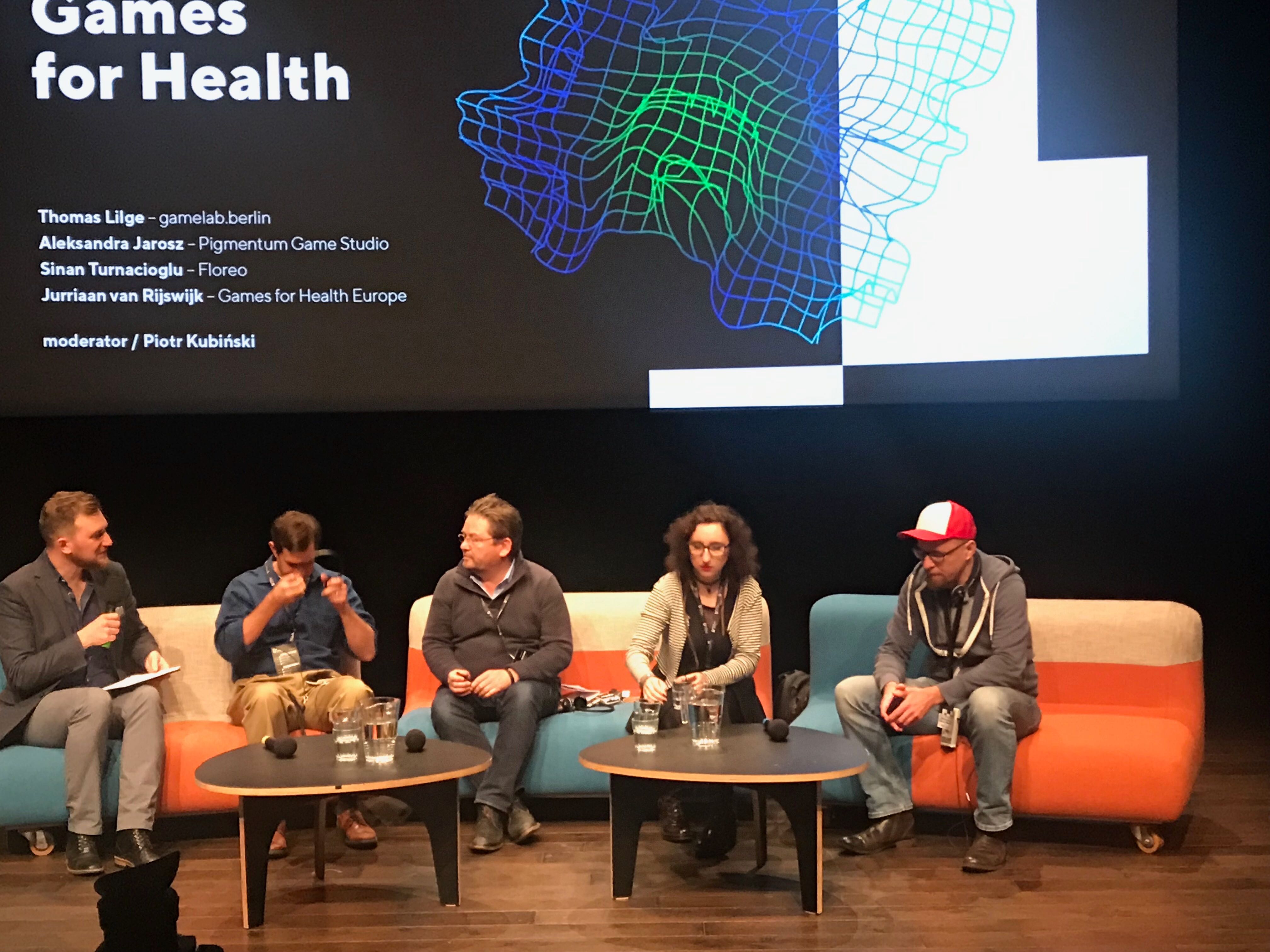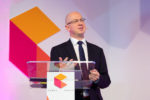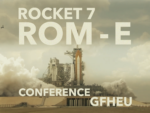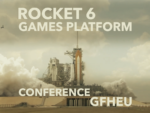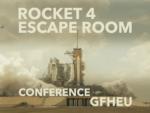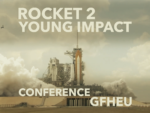The future is now
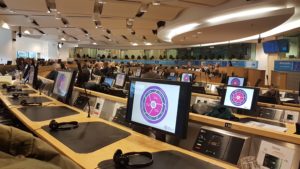 Last week, our team attended Games for Impact in Warsaw, Poland and it reminded us just how much has changed in the last few years. Over the course of a few days, we met a huge variety of people and companies who were trying to raise awareness for the use of games in healthcare. Elderly care, in particular, was a hot button topic among the visitors of this event.
Last week, our team attended Games for Impact in Warsaw, Poland and it reminded us just how much has changed in the last few years. Over the course of a few days, we met a huge variety of people and companies who were trying to raise awareness for the use of games in healthcare. Elderly care, in particular, was a hot button topic among the visitors of this event.
There was still a lot of skepticism in regards to serious games only a few years ago, but now these projects are being received quite differently. We saw a similar response at EHTEL on Monday as well. People are excited and ready to move forward.
Through all the events we have visited and organized we have seen a huge network emerge that actively works with and supports these type of projects. It’s no longer up to small indie developers and startups either! Big healthcare companies are getting involved because they are starting to see the potential, which allows us to implement these type of games on a much larger scale. Especially in the Netherlands the public support from people like Pia Dijkstra and Erik Gerritsen means that we are operating in a much different landscape than before.
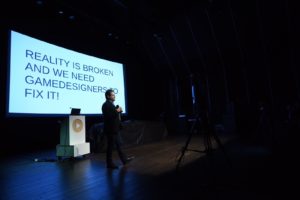
We believe the future lies in including these type of games in health insurance packages to make them much more accessible for people all around the world. Once this sounded like a far-fetched pipe dream, but now it is actually within reach. This might happen in the Netherlands as early as 2019!
Now, that doesn’t mean that we don’t still have work to do. Just yesterday our founder, Jurriaan van Rijswijk, attended a WHO discussion on Game Addiction that was also attended by companies like Microsoft, Sony and Nintendo. His stance on this topic perfectly highlights the difference between games and serious games.
“We are not just making games, we are actually making eHealth application. Getting addicted to these applications is like getting addicted to your treatment. It’s not a problem. It’s a solution.”
The future is now
 Last week, our team attended Games for Impact in Warsaw, Poland and it reminded us just how much has changed in the last few years. Over the course of a few days, we met a huge variety of people and companies who were trying to raise awareness for the use of games in healthcare. Elderly care, in particular, was a hot button topic among the visitors of this event.
Last week, our team attended Games for Impact in Warsaw, Poland and it reminded us just how much has changed in the last few years. Over the course of a few days, we met a huge variety of people and companies who were trying to raise awareness for the use of games in healthcare. Elderly care, in particular, was a hot button topic among the visitors of this event.
There was still a lot of skepticism in regards to serious games only a few years ago, but now these projects are being received quite differently. We saw a similar response at EHTEL on Monday as well. People are excited and ready to move forward.
Through all the events we have visited and organized we have seen a huge network emerge that actively works with and supports these type of projects. It’s no longer up to small indie developers and startups either! Big healthcare companies are getting involved because they are starting to see the potential, which allows us to implement these type of games on a much larger scale. Especially in the Netherlands the public support from people like Pia Dijkstra and Erik Gerritsen means that we are operating in a much different landscape than before.

We believe the future lies in including these type of games in health insurance packages to make them much more accessible for people all around the world. Once this sounded like a far-fetched pipe dream, but now it is actually within reach. This might happen in the Netherlands as early as 2019!
Now, that doesn’t mean that we don’t still have work to do. Just yesterday our founder, Jurriaan van Rijswijk, attended a WHO discussion on Game Addiction that was also attended by companies like Microsoft, Sony and Nintendo. His stance on this topic perfectly highlights the difference between games and serious games.
